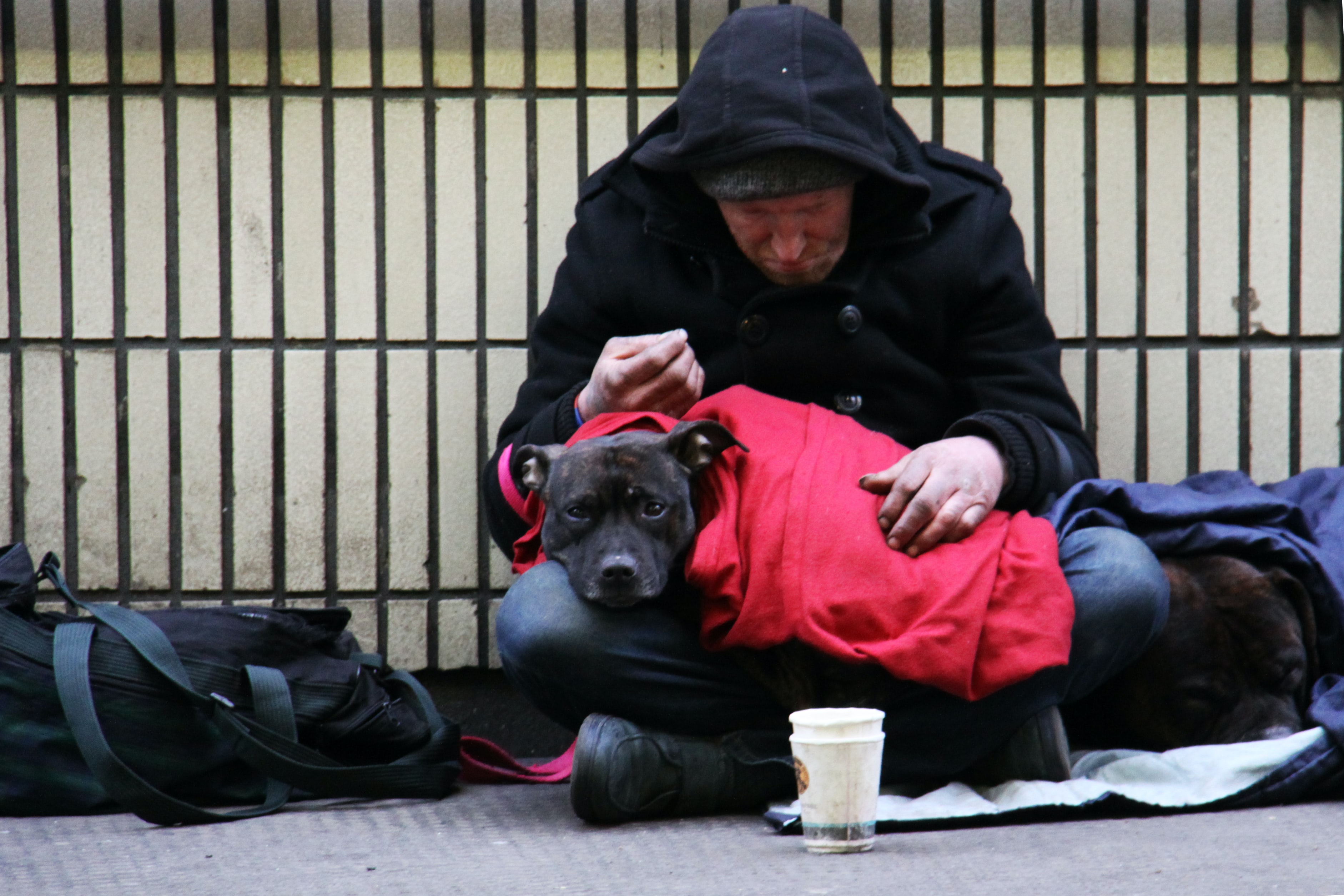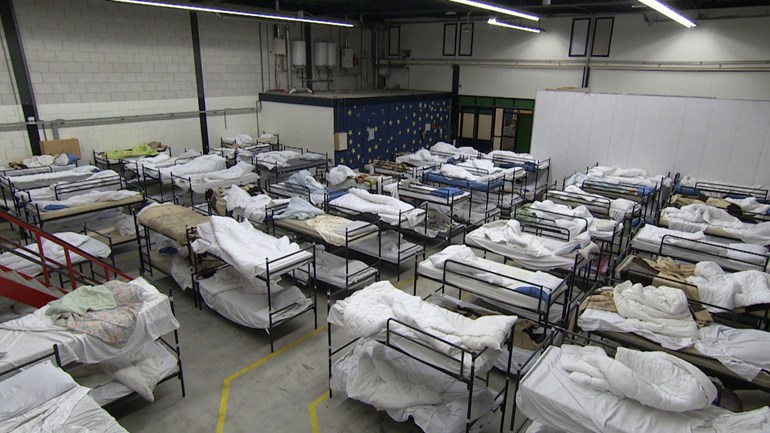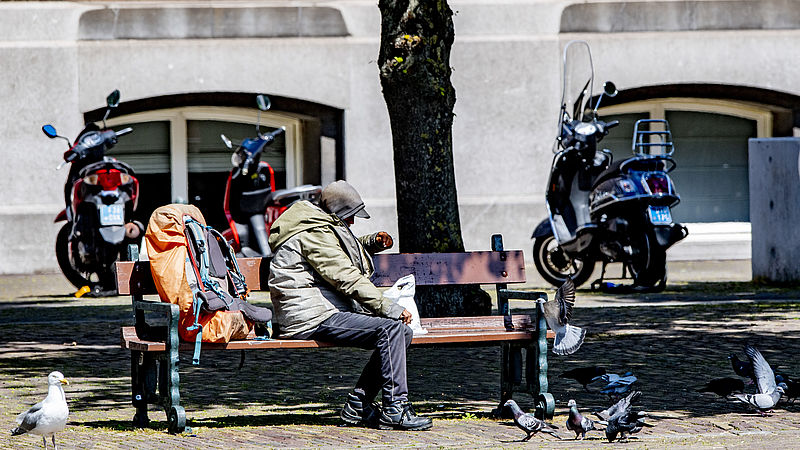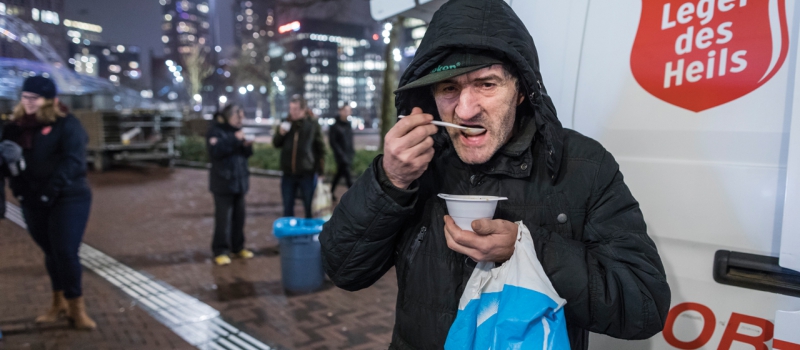
- Better Society -
- 3mins -
- 481 views
Dutch government plans to provide 10,000 homes for the homeless
In the long term, the Dutch government wants to move away from the social services shelter care of homeless people. Instead, people should be given their own home or place to live.
In the long term, the cabinet wants to move as far as possible away from homeless shelters
The Dutch government wants to move away as much as possible from the social reception of homeless people. Instead, people should be given their own home or place to live. In order to achieve this, 10,000 extra sheltered accommodation places for homeless people will be realised over the next eighteen months.
In the Netherlands some 40,000 people have no roof over their heads. This number is expected to increase due to the coronacrisis. State Secretary of Health, Welfare, and Sport Blokhuis finds this number of homeless people "unacceptable for one of the richest countries in the world".
A place to live is the foundation of any appropriate assistance trajectory, in other words: recovery starts with a house. That is the core of the report. Recovery begins with a house of the Council for Public Health and Society. It also contains advice to State Secretary Blokhuis to reduce homelessness.
Source: NOS

The system is jammed and a turnaround is required
Civil society organisations such as the Salvation Army now often shelter homeless people in large dormitories. According to Blokhuis, the system is stuck and a change is needed. A place to live, including counselling, must become the starting point. That does not always have to be a complete house; sometimes a room is sufficient.
Source: NOS

Homeless people not staying more than three months in the shelter
In the future, Blokhuis wants the homeless to be housed in a shelter for a period of no more than three months. They must move on as quickly as possible to an independent place to live, with guidance. These places will be constructed or created in, for example, empty buildings. Earlier, the government announced to give 200 million euros to municipalities.
In addition, the government wants municipalities to do more to prevent evictions. If there is a threat of eviction as a result of debts, municipalities should report this as early as possible. They should also do more to prevent people from ending up on the street after a prison sentence or admission to a mental health institution.
Preventing homelessness is also important. For example, the number of evictions due to debt must be reduced. Municipalities are ‘encouraged’ to make agreements with housing corporations about housing places for people who are being released or discharged from, for example, detention, a mental health institution or youth care.
Source: NRC

Container houses
The 10,000 extra homes will be built by housing corporations and private entrepreneurs. Some of these will be new homes, but vacant nursing homes will also be converted. There will also be temporary container houses and prefab houses. According to Blokhuis, this will not be at the expense of house seekers who are on the waiting list.
Bekend was al dat het kabinet 200 miljoen euro uittrekt voor begeleiding van ex-daklozen, bijvoorbeeld bij het opbouwen van een dagritme of het innemen van medicijnen.
The municipalities will divide the new living space. Blokhuis expects that they will initially focus on homeless people who need little or no guidance to live independently. The heavier cases will continue to rely on social care.
Source: NOS

Central municipalities
In the meantime, 21 of the 43 central municipalities have submitted their regional plan and indicated that they can start with additional measures in the second half of 2020. Last week, Utrecht received 22.4 million euros to realise 200 ‘First a home’ residential places together with regional municipalities, providers, housing corporations and knowledge institutes. The plan ‘gives people a stable place to live as a first step in working on a new start’.
Source: Gemeente.nu
